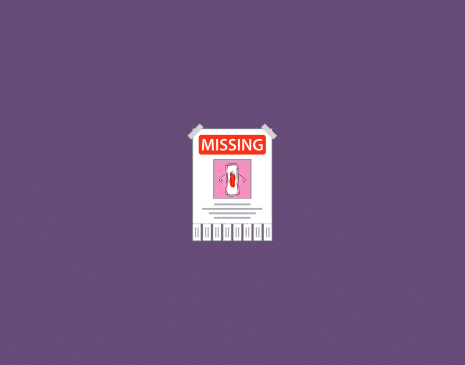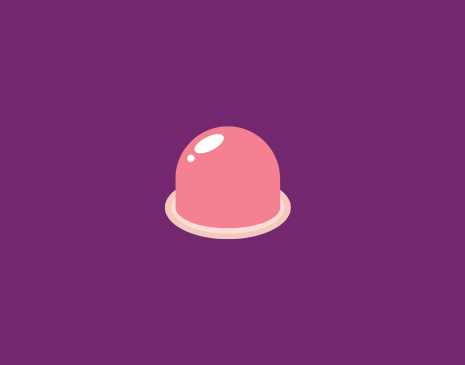Just when you think you’ve got the human body all figured out, it throws you a curveball. Case in point: the unexpected delays of your period. But what if we told you there might be more to irregular periods than just the usual suspects of stress or hormonal fluctuations? We’re talking about the connection between urinary tract infections (UTIs) and the arrival of your period. It’s time to explore whether a UTI symptoms can delay your period.
UTI and Menstrual Cycle: Any Connection?
UTIs and the menstrual cycle – two topics that might seem worlds apart, yet intertwined in bodily functions. Is there truly a connection between these seemingly disparate occurrences? Let’s take a closer look.
First, the basics. What causes UTI in women? A urinary tract infection occurs when bacteria invade the urinary system, leading to symptoms like frequent urination, burning sensations, and discomfort. On the other hand, the menstrual cycle is a complex hormonal process that prepares the female body for potential pregnancy, culminating in menstruation if conception doesn’t occur.
Now, here’s where things get interesting. While UTIs and the menstrual cycle primarily involve different bodily systems, they’re not entirely isolated from each other. The pelvic region, where the reproductive organs reside, is also home to parts of the urinary tract. This proximity opens the door for potential interactions between the two.
One theory suggests that hormonal fluctuations during the menstrual cycle could impact the urinary tract’s environment, potentially making it more susceptible to bacterial overgrowth and UTI development. Whereas, some may propose that the hormonal changes leading up to menstruation might influence the immune response, affecting the body’s ability to fend off UTI-causing bacteria.
But what about the other way around? Could a UTI throw a wrench into the well-oiled machinery of the menstrual cycle? While research in this area is still limited, some anecdotal evidence suggests that UTIs might disrupt the menstrual cycle for some women. However, more robust scientific investigations are needed to establish a definitive link and understand the mechanisms at play.
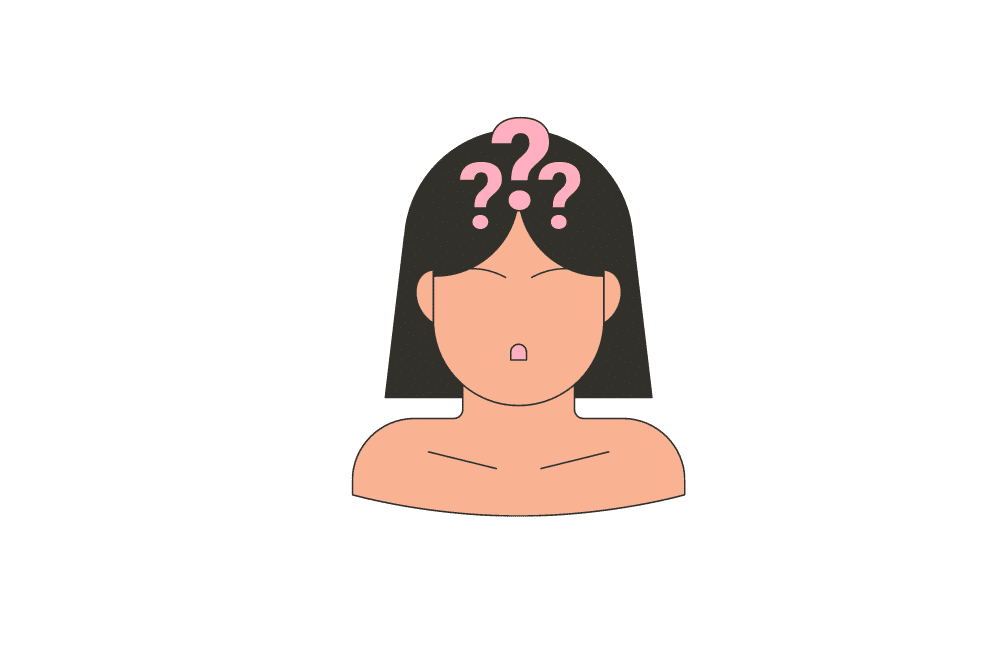
Understanding UTIs: Causes and Symptoms
The dreaded UTI – a discomfort that can turn even the sunniest of days into a cloud of misery. Thankfully, understanding the causes and symptoms of UTIs is the first step towards banishing them from your life (or managing UTIs better at least).
Firstly, let’s unlock the cause of UTIs: bacteria. These tiny troublemakers, often of the E. coli variety, have a knack for infiltrating the urinary tract, which includes the kidneys, ureters, bladder, and urethra. How do they gain entry, you ask? Well, they can sneak in through various means, such as improper hygiene practices, sexual activity, or even just holding in your pee for too long (yes, really!).
Once these bacteria settle in, they can wreak havoc on your body, causing a plethora of unpleasant symptoms. Think: a relentless urge to pee, accompanied by a burning sensation that feels like fire in your loins. Add to that the joy of passing urine that looks more like liquid fire than the clear stream of relief you’re used to. Oh, and let’s not forget the lower abdominal pain and general feeling of malaise that can accompany a UTI. Sounds delightful, doesn’t it?
The Impact of UTIs on Menstruation
The link between UTIs and menstruation is a topic that might seem more suited to a medical textbook than casual conversation. Yet, understanding the potential impact of urinary tract infections on the menstrual cycle is important for anyone navigating the twists and turns of their reproductive health journey.
Let’s address the burning question on everyone’s minds: can a UTI throw your menstrual cycle off its rhythm? While concrete scientific evidence is still somewhat scarce, anecdotal accounts and some studies suggest that UTIs might have the power to disrupt the delicate balance of the menstrual cycle for some women.
So, how does this happen? Well, your body is already dealing with the unwelcome intrusion of bacteria in your urinary tract, causing all manner of discomfort and distress. Now, throw in the hormonal fluctuations that accompany the menstrual cycle, and you’ve got a recipe for potential chaos. Some theories suggest that the inflammatory response triggered by a UTI could interfere with the hormonal signalling necessary for a smooth menstrual cycle, leading to irregularities or delays.
While UTIs might temporarily throw a wrench into the gears of your menstrual cycle, they’re unlikely to cause any long-term damage. With proper UTI treatment and care, your body will bounce back, ready to resume its regular scheduling.
So, the next time you find yourself dealing with the discomfort of a UTI and the frustration of a delayed period, remember: there’s light at the end of the tunnel (and by light, we mean Youly – we are here to support you). Listen to your body, and seek medical attention if things seem amiss.
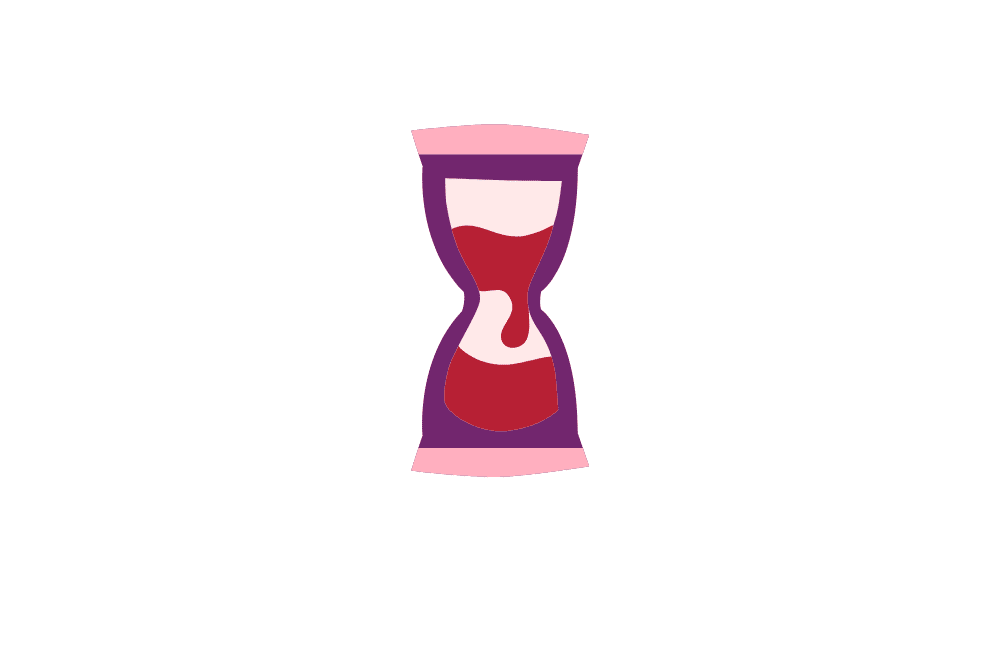
Seeking Treatment for UTIs and Menstrual Irregularities
Urinary tract infections and irregular periods are a double whammy that can throw even the most composed women into a whirlwind of discomfort and confusion. However, seeking appropriate treatment options is not as daunting as it may seem.
Let’s look at UTI treatment first. Since UTIs don’t always clear on their own, fast action is key. Don your armour of self-care by staying hydrated, practising proper hygiene (yes, that means wiping front to back), and bidding adieu to tight-fitting clothing that might worsen symptoms. But don’t stop there – arm yourself with the most potent weapon in your arsenal: antibiotics. These trusty medications prescribed by your friendly neighbourhood healthcare provider will wage war against the invading bacteria with relentless efficiency.
Now, onto the wild ride of menstrual irregularities. Whether it’s a delayed period, irregular cycles, or painful cramps, there are steps you can take to regain control. Start by listening to your body’s whispers of discomfort and heed their call. If menstrual irregularities persist, seek medical help from your trusted healthcare provider. Together, you can explore potential underlying causes and craft a personalised treatment plan tailored to your needs.
Preventing UTIs: Tips for a Healthy Menstrual Cycle
If preventing UTIs is on your agenda, hydration is the first step in your battle. Keep fluids flowing, flushing any bacteria that dare to venture into your urinary tract. But beware of sugary beverages and opt for water to keep your body hydrated and your urinary system in top shape.
Next, polish off your hygiene practices. Embrace the ritual of proper wiping technique (front to back, always), steer clear of tight-fitting underwear that stifles airflow, and embrace the breathability of cotton. When nature calls, don’t delay – answer promptly to prevent bacteria from taking up residence in your urinary tract.
In achieving a healthy menstrual cycle, don’t overlook nutrition. Fill your plate with a colourful range of fruits, vegetables, and whole grains, nourishing your body from the inside out. Consider probiotics to bolster your gut health and lend a helping hand in preventing UTIs.
Last but not least, follow a philosophy of moderation in all things. From caffeine to alcohol to spicy foods, indulgence in excess can throw your delicate hormonal balance out of whack, potentially paving the way for UTIs and menstrual irregularities to wreak havoc.

UTI or Period? How to Differentiate the Symptoms
It’s the age-old dilemma: UTI or period? Let’s start with the telltale signs of a urinary tract infection – a relentless urge to urinate, accompanied by a burning sensation in your nether regions. Add to that the cloudy urine, lower abdominal pain and general feeling of malaise. Sound familiar?
Now, let’s contrast these symptoms with those of your monthly visitor. Menstrual cramps, bloating, breast tenderness, and mood swings are all par for the course when it comes to your period. And of course, there’s the telltale sign of menstruation itself: the arrival of your monthly flow.
So how do you tell the difference between the two? Pay close attention to the nature of your symptoms. Are you experiencing the burning sensation and frequent urination characteristic of a UTI, or are you dealing with the familiar discomforts of menstrual cramps and bloating? Is there blood in your urine, or is it simply the crimson tide of your period making its grand entrance?
Also, consider any other factors that might be at play. Have you recently engaged in activities that could increase your risk of a UTI, such as sexual intercourse or holding your pee for too long? Or are you due for your period, with all the hormonal fluctuations and menstrual mayhem that entails?
Ultimately, if you’re unsure whether you’re dealing with a UTI or your period, seek guidance from a healthcare professional. They’ll help you devise a plan of action to address your symptoms effectively.
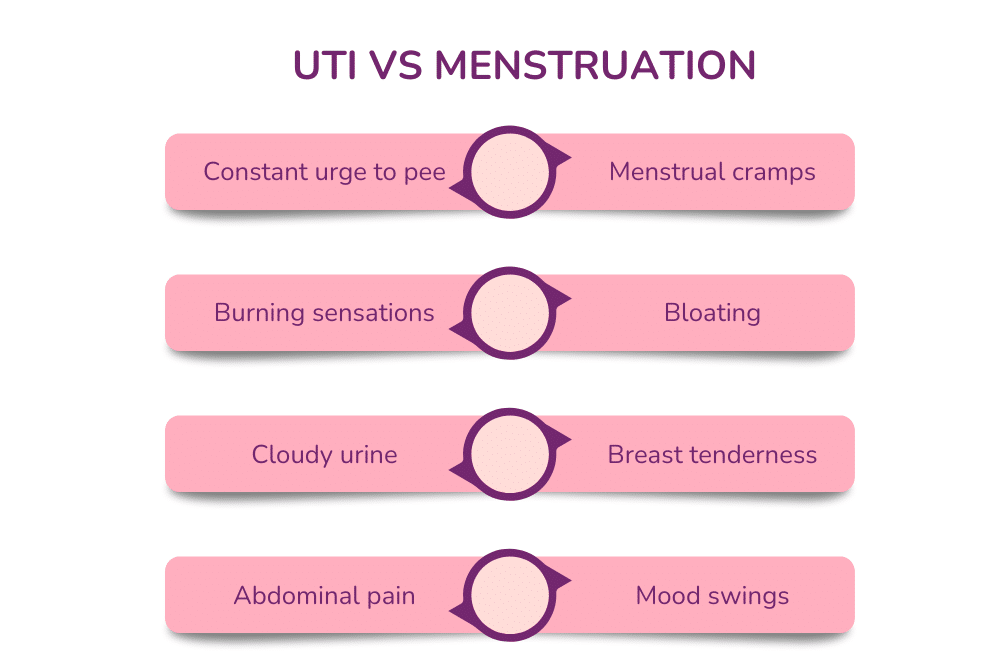
Managing UTIs and Periods: Lifestyle and Hygiene Tips
Maintaining impeccable hygiene practices is your first line of defence against both UTIs and period-related symptoms. Embrace proper wiping technique, avoid tight-fitting clothing, and opt for breathable cotton. When nature calls, visit the bathroom quickly.
Hydration
Next, focus on your hydration. Keep those fluids flowing into eight glasses of water daily (minimum), flushing bacteria that dare to venture into your urinary tract. Choose water over sugary beverages, and watch as your body thanks you for its improved urinary health.
Nutrition
When it comes to managing periods, don’t overlook the importance of nutrition. Fill your plate with colourful fruits, and vegetables, and bolster your gut health with probiotics.
Lifestyle Habits
In addition to hygiene and nutrition, consider the role of lifestyle factors in managing UTIs and periods. Regular exercise, stress management techniques, and adequate sleep can all contribute to a healthier urinary tract and smoother menstrual cycles. And don’t forget the importance of safe sex practices, as unprotected intercourse can increase your risk of UTIs and other infections.
If you suspect you’re dealing with a UTI or experiencing abnormal period symptoms, seek guidance from a healthcare professional. They may prescribe antibiotics to help you address common UTI symptoms effectively.

